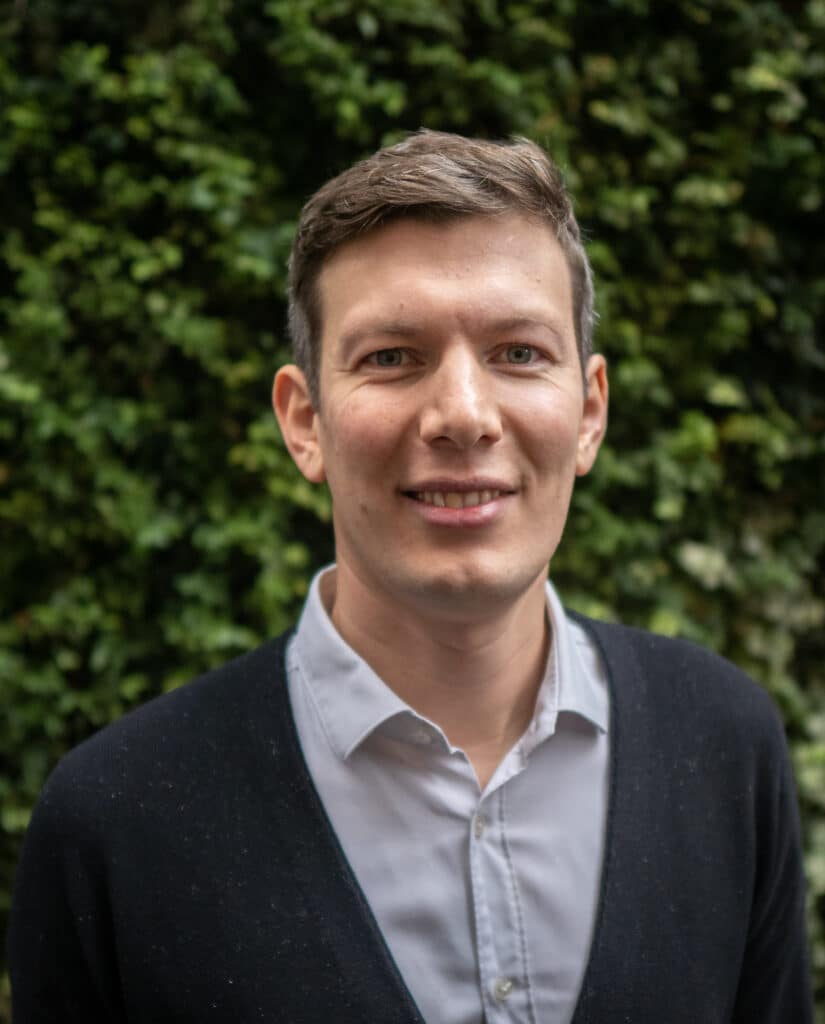Stanislav Ermilov is CEO of Tallarium.

What were the key theme(s) for your business in 2023?
The question has been, from a data perspective, are the current ways of working set up to best serve energy traders trying to navigate more geographically dispersed markets? The answer has been no, if we are honest. For too long now, the lines of communication between energy trading firms and their brokers have been fragmented – resulting in data scattered all over the place.
This has created a basic problem because it leaves each trader having a different idea of pricing from the number that the risk department has. Crucially, this is not something that is siloed in its impact to purely the front office – poor data practices at a group level effects essentially every area of the business. Indeed, looking at the accounts desks of major energy companies, they currently have about three layers of price verification before the company wide P&L can even be established.
Due to current processes that lean heavily on manual spreadsheet entries, it is nigh on impossible to have an accurate snapshot at any one moment in time. This can be highly problematic, as it is crucial risk teams have full visibility into company positions during major market moves so they can initiate conversations with traders quickly. This in turn enables them to better gauge the degree of risk involved with a trade and avoid unexpected losses or breaching limits – particularly important during periods of market volatility.
What trends are getting underway that people may not know about but will be important?
Market participants are starting to benefit from the much fabled ‘single data source’. Having harmonised data ensures they are working with the most up-to-date and accurate information, enhancing their ability to make informed trading, as well as operational, risk and compliance decisions.
The thing that is currently lacking in global energy trading markets for 99% of firms is a reliable source of systematic data which can be trusted and easily disseminated to all who require it – those generating the returns in the front office, those managing risk in the middle office, those managing the balance sheets in the back office, to name but a few.
As energy markets become increasingly globalised, traders, risk, and compliance officers can ill afford to rely on historical ways of working. Rapid access to verifiable, independent data that reflects the economic reality of the underlying markets they are attempting to capture is key to realise evolution in these outdated, but rapidly developing, markets. Given how much conditions are changing, and often unexpectedly on a daily basis – getting the front, middle, and back office to sing from the same data hymn sheet must be a priority.
What are your expectations for 2024?
EMIR Refit, which goes live in the EU from April, will undoubtably be an area of significant focus for participants trading over the counter (OTC) derivatives markets. To meet the spirit of the revised rules, which aim to increase harmonisation and standardisation, firms will need to put a renewed focus on data quality.
While the rules are geared to simplifying reporting requirements for the post-trade, there is still a need to lay solid pre-trade data foundations for successful compliance. Having a single source of data can allow for much greater cohesion between the front and back office with a view to minimising risk – as it helps ensure there is a full audit trail.
Ultimately, these trading, compliance, and operational challenges that EMIR Refit shines a light on can only be overcome fully if firms have the exact same data sets across the front, middle and back-office. Currently, a huge amount of resource goes into collating data and verifying that data. Following that a substantial amount of company time goes into constructing a reliable market picture, where each company replicates the exact same process in-house. This is done based on a combination of multiple sources, raw data, company front office excel and whatever other sources they can obtain.




